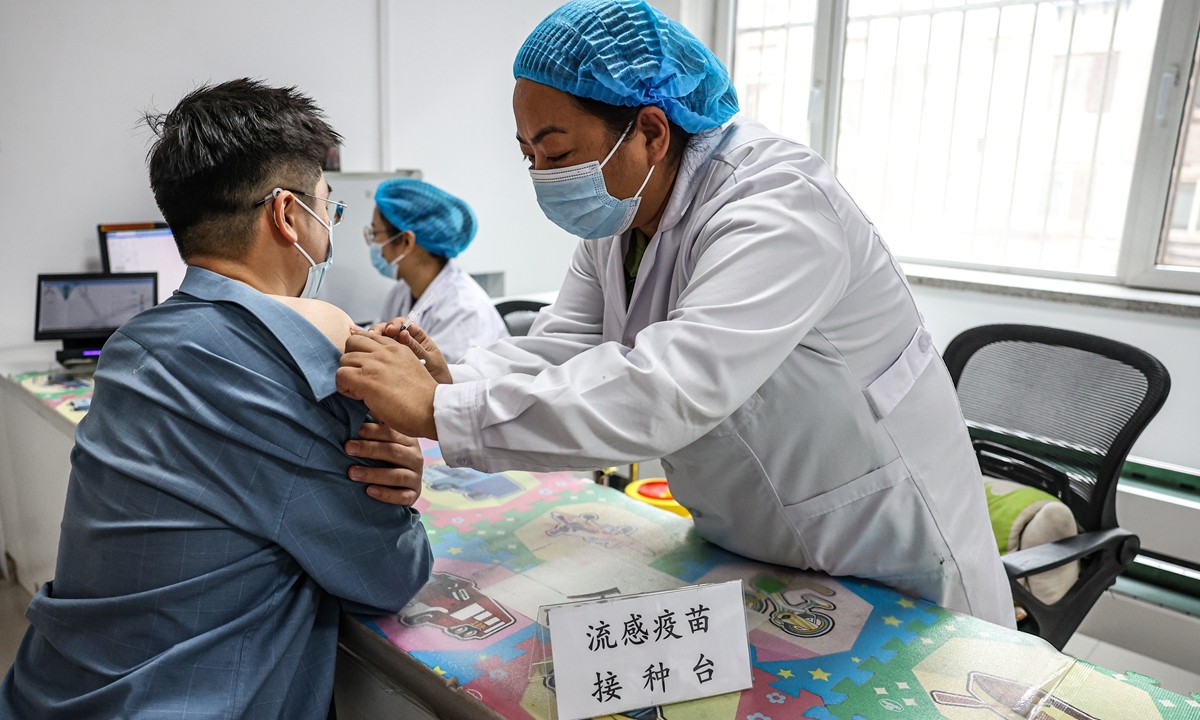The failure and downfall of China’s medical regulatory institutions
A serious worry among health officials has arisen given the new Covid-19 variant that has been detected in China. Apart from the draconian response to its homegrown Covid pandemic, China has been notoriously known for the failure of its medical oversight as well as the failure of its regulatory institutions. From inadequate vaccines to corruption scandals in such agencies, Beijing’s lacklustre response has had detrimental effects on the global healthcare infrastructure significantly.
Although, many reports from China seem to suggest that the recent outbreak of the virus is not a concerning factor, hospital in highly dense cities including Shanghai and Beijing are overflowing with patients due the newer strain of the virus. Chinese authorities over the years have showcased irresponsible patterns of regulations and have caused serious medical concerns globally given the volatile nature of the pandemic. Although authorities have been conveying low tallies compared to the peak of the pandemic, a serious challenge looms ahead for regulatory authorities given the highly contagious variants that can raise infection rates at any moment. In anticipation of such rise in cases, many cities have begun mass testing, which was expected to reduce in the months to come. Moreover, China had also begun loosening some norms on mass testing and strict quarantine rules which now can be expected to continue or even be imposed with stricter measures.
These restrictions within China invariably have adverse effects on the global containment strategies as well. Given that China had become an economic hub, business travel had boomed prior to the outbreak in 2020. However, since then, other countries began restricting travel to China in order to prevent rise of cases in their own countries.
The failure of regulatory agencies in China has unfortunately not only to do with its poor response to the pandemic, but has also to do much with the corrupt malpractices that plague such government agencies. Cases of counterfeit medical products entering the market even after oversight from regulatory bodies has raised concerns about the body’s functionality as a whole. This was highlighted even more so during the COVID pandemic when vaccines and essential medical supplies were being sold in their substandard form causing worry among consumers regarding its efficiency.
Many medical experts have also hinted towards the growing cases of corruption in regulatory bodies that seem to be hand in glove with medical firms that supply medical products into the market. Corruption and bribery cases in such agencies have undermined the effectiveness of regulatory bodies thereby leading to severe consequences, the Pandemic being one of them. Allegations of corruption within the healthcare system has also raised concerns about the fair and impartial regulation of medical products and services that are present in the Chinese market. These medicines and equipment have not only made the public much more vulnerable but has also posed a serious threat to the international community as whole.
Furthermore, these agencies also failed in ensuring that adequate medical equipment and important drugs would remain available during times of crisis. Various cases of usage of expired medicines had also caused serious concerns among patients and their families, a corruption scandal that caused probe against senior officials within these regulatory agencies in China. Moreover, the tendencies of these regulatory agencies to pass over inaccurate testing data has also been a major concern in limiting the functions of its performance. In 2015, China Food and Drug Administration (CFDA) had ordered companies to re-evaluate authenticity, integrity and compliance of clinical trial data in pending applications for new drugs. This was a clear indication of the prevailing knowledge on companies manipulating trial data. Although, laws have been broadened to incorporate strict punishments in this regard, the Communist Party of China (CPC) has been utilising this feature to propagate its own medical achievements, even if it comes at the expense of patient safety. Thus, it becomes all the more important for global regulatory agencies to use their influence in ensuring that such agencies perform their basic duties in order to prevent another outbreak. For if such discrepancies continue to unfold in Chinese regulatory institutions, it will not only disrupt global economic activities but will also have a significant impact on the daily livelihood of citizens all across the world.













